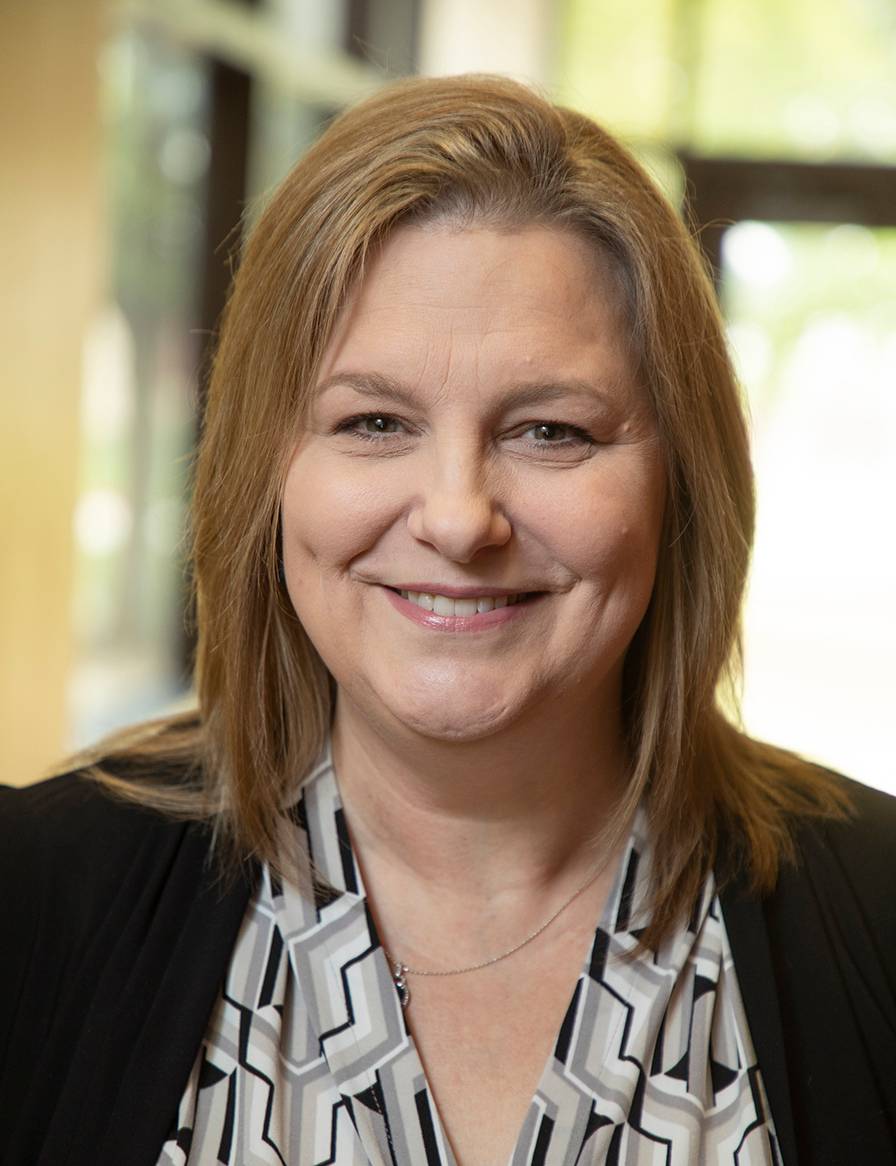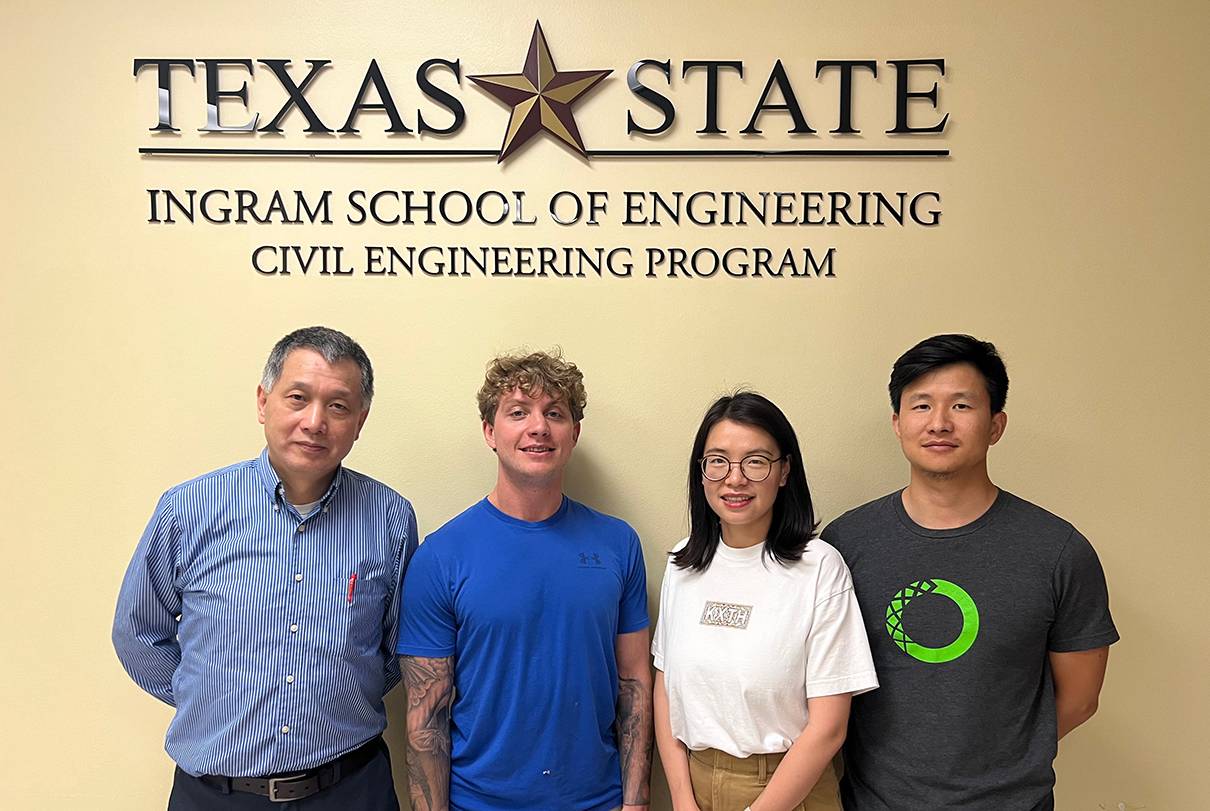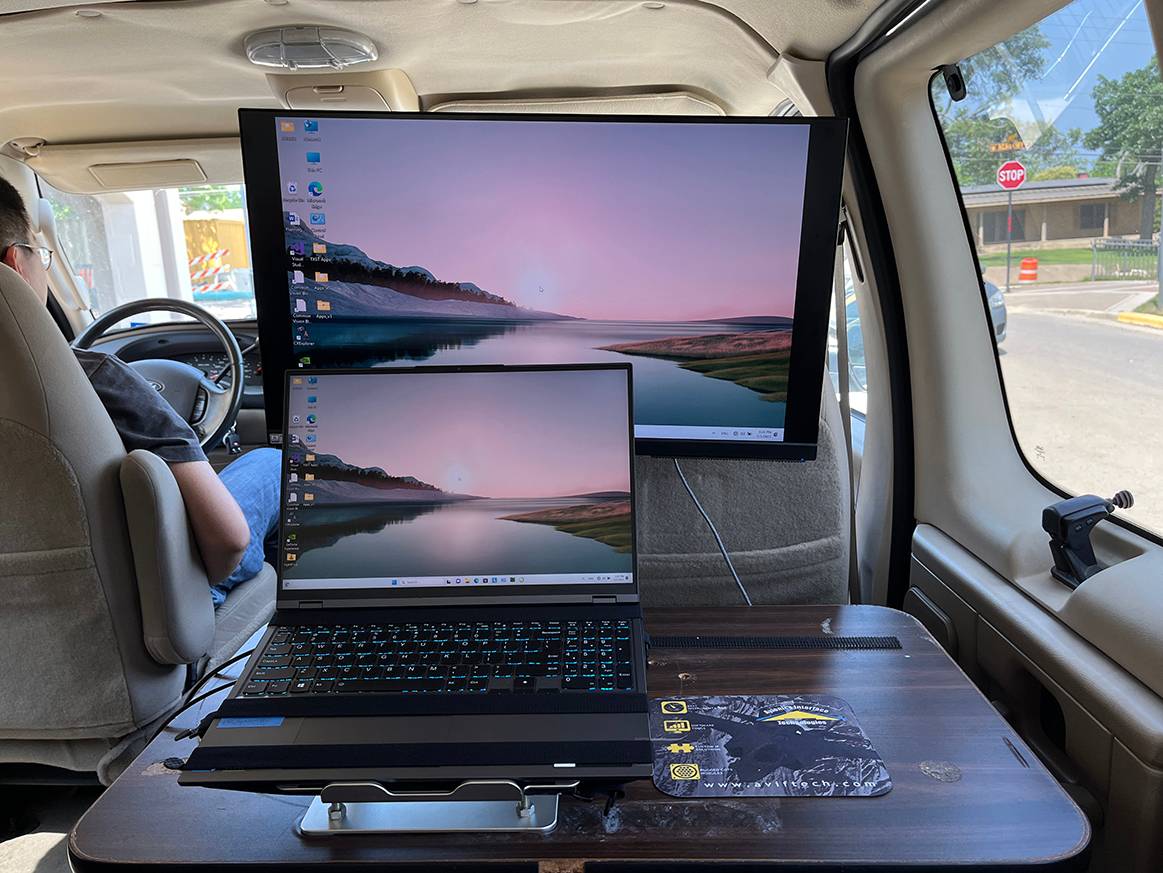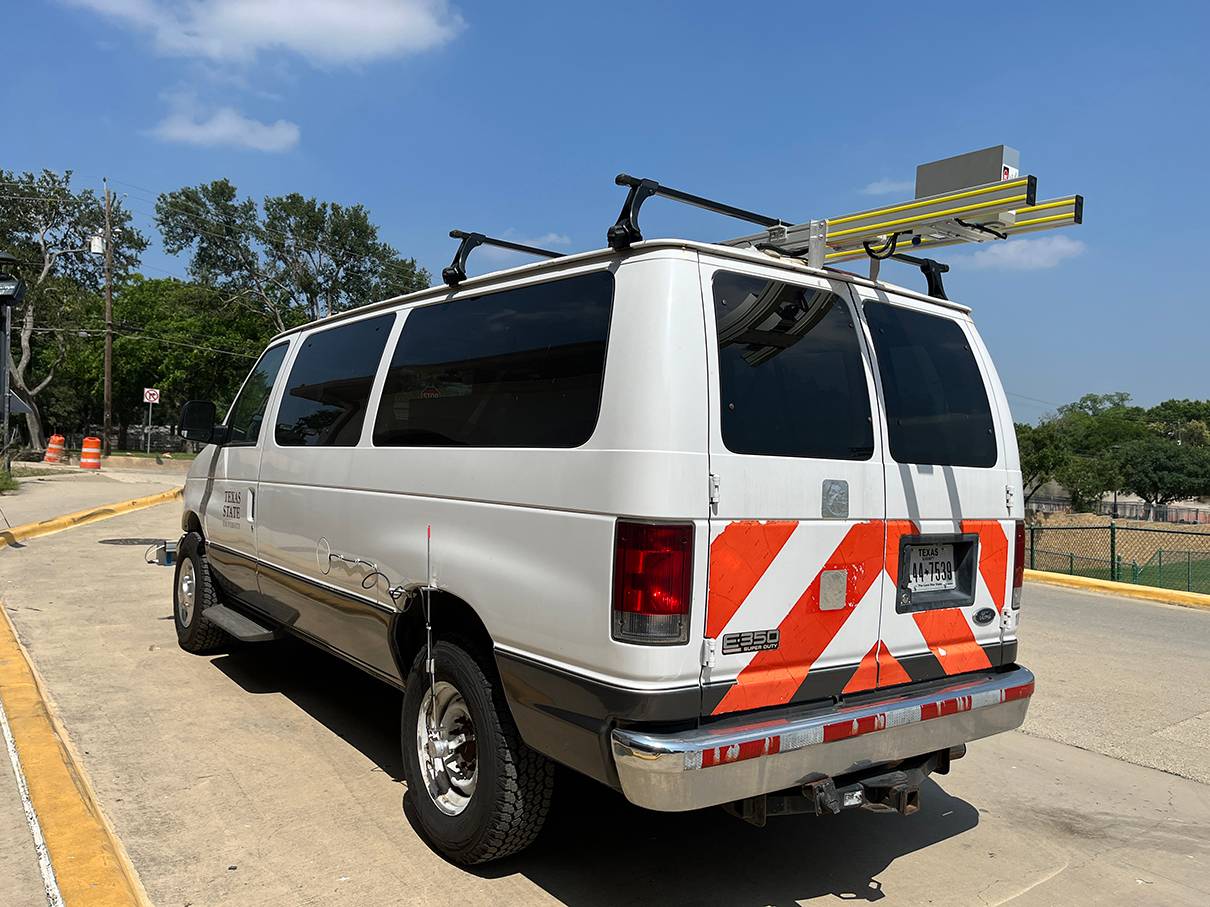Matt Joyce | May 18, 2023

Texas State University’s Division of Research is offering a series of workshops designed to help faculty members commercialize their innovations and deploy them to solve real-world problems.
The Faculty Innovation Accelerator Program (FIAP) will offer cohorts in May and June to guide faculty in assessing the viability of their ideas in the marketplace. While the program grew out of the National Science Foundation’s Innovation Corps (I-Corps) training process, FIAP also covers intellectual property basics and TXST policies and patenting processes.

“Our goal is to translate research from the university into commercial products,” said Dr. Jennifer Irvin, director of TXST’s Materials Applied Research Center. “A lot of university research dies in a journal article somewhere. To really make a difference, we need the ability to translate research findings into commercial products and get our advances to the public.”
The FIAP course is conducted on Zoom and includes three three-hour sessions over four weeks. According to FIAP training coordinator Dr. Jana Minifie, the program teaches participants across various disciplines how to find potential customers to interview and how to ask questions to validate their target market.
“You’re able to find out if there are shortfalls in the market and if there’s a need for what you have to offer,” Irvin said. “It teaches you to look at what the existing market is and see how they can fit into that space.”
To incentivize participants, FIAP offers $1,000 to those who complete the program. In addition, faculty members who complete the program and submit an invention disclosure to the Division of Research’s Technology Transfer and Contracts office to protect university intellectual property can apply to get another $10,000 deposited into their Indirect Cost Recovery Account.

One example of an invention disclosure filed with the Technology Transfer and Contracts office is from Dr. Sangchul Hwang, associate professor in the Ingram School of Engineering. Hwang and his team are eligible for the $10,000 award after submitting their invention of a nature-inspired sustainable and biologically active material to purify polluted runoff water.
A research team led by Dr. Feng Wang, professor in the Ingram School of Engineering, has signed up for this year’s FIAP training after first participating in October 2019. The team has been working to develop artificial intelligence technology for vehicle-borne cameras and laser sensors that scan roads for damaged pavement while traveling at highway speeds. Now the team is working to extend the research to automatically retrieve roadside inventory information, such as traffic signs and guardrails.


“The training has brought many good things to the research team,” Wang said. “Through the interviews with experts, we adjusted our original direction to make our research more useful to the potential customers. We would recommend other researchers consider taking the FIAP. It is worthwhile and rewarding to come out of your lab to talk to the experts in your areas and your potential customers to know their opinions regarding the value of your research.”
After the 2019 workshop, Wang’s team participated in the National Science Foundation’s national I-Corps program to continue its market and customer investigation. “Thanks to the investigation,” he said, “we have received research projects from the Texas Department of Transportation ($450,000) and the National Science Foundation ($250,000), both in 2022, to support our research effort.”
The U.S. Patent and Trademark Office participates in the FIAP workshops to train faculty members about protecting intellectual property. The four types of intellectual property are patents, trademarks, copyrights, and trade secrets, explained Hope Shimabuku, director of the Texas Regional USPTO.
She said faculty members tend to be more familiar with copyrights than patents, and many may be unaware their intellectual property is worthy of a patent.
“You don’t have to be the creator of the internet or the smartphone or electricity to have an intellectual asset that could be protected with a patent,” she said. “If it’s something new and useful, and that hasn’t been patented before, you can apply for a patent. It can be an improvement — 80% of patents are improvements.”
Shimabuku said the USPTO’s training aims to broaden people’s perceptions of patents and explain the differences between various types of intellectual property.
“We’re trying to not only educate but also to encourage the faculty at Texas State to be able to file invention disclosures,” she said. “We know there are great things that are happening there. And the next step is being able to capitalize on that intellectual asset so that you can start licensing it out and making money off it through intellectual property.”
Irvin said many university researchers are motivated by the idea their innovations could make a difference in the world.
“We would love for our innovations to help people, and the only way we can do that is by finding ways to distribute them,” she said. “Commercialization is how we do that. FIAP was invented to encourage faculty to translate their research innovations into successful commercial ventures.”
Share this article
For more information, contact University Communications:Jayme Blaschke, 512-245-2555 Sandy Pantlik, 512-245-2922 |
